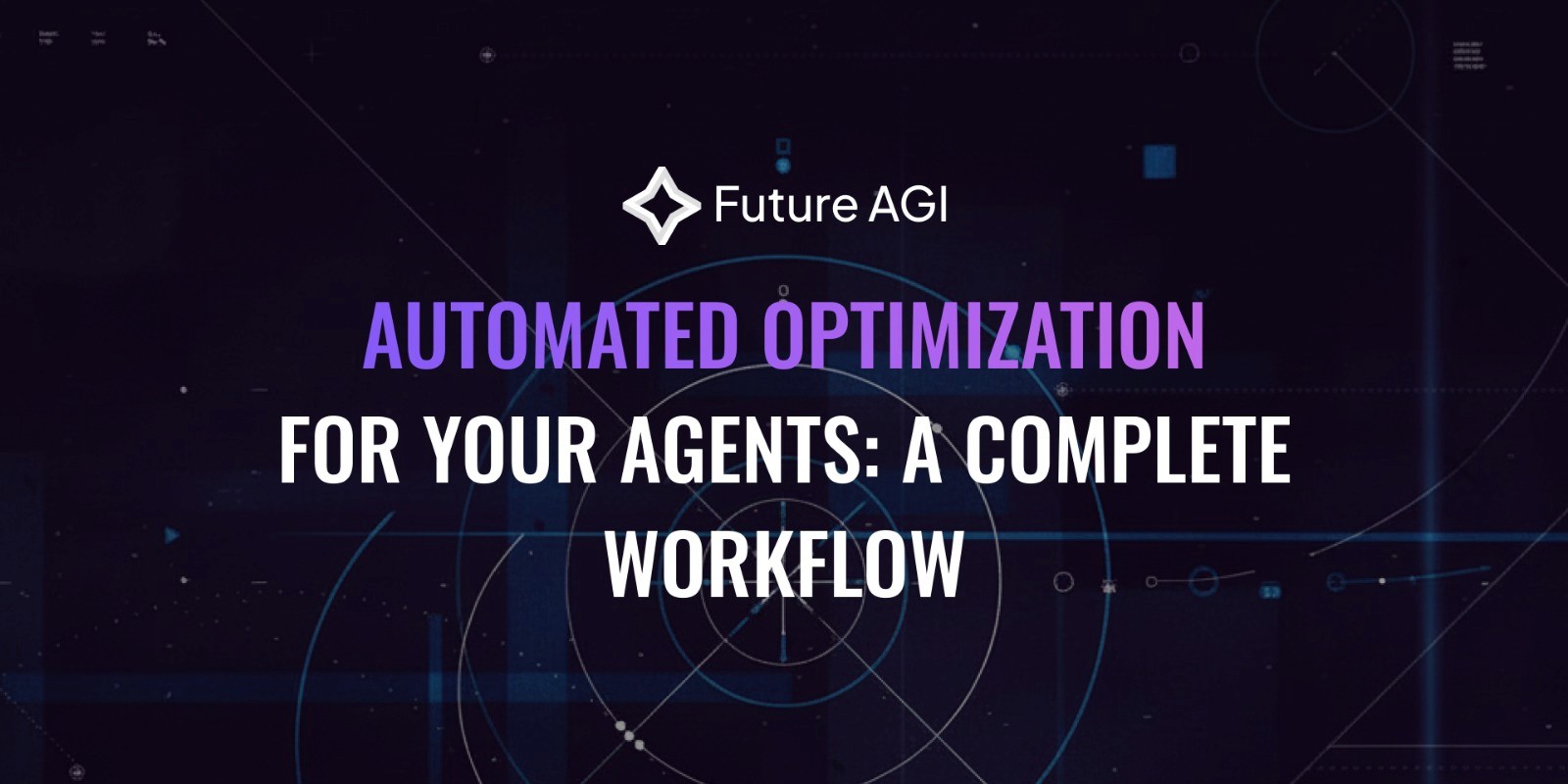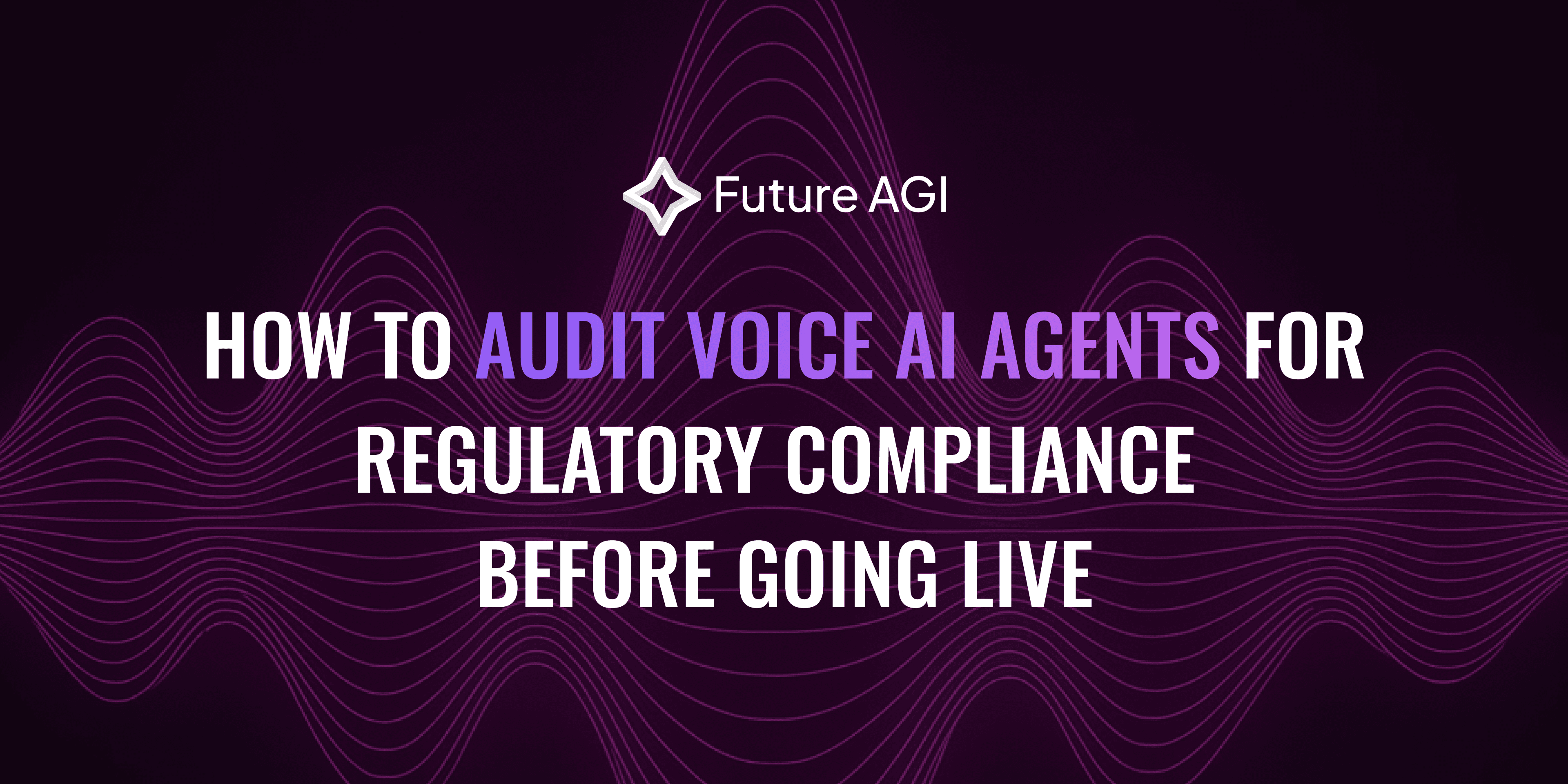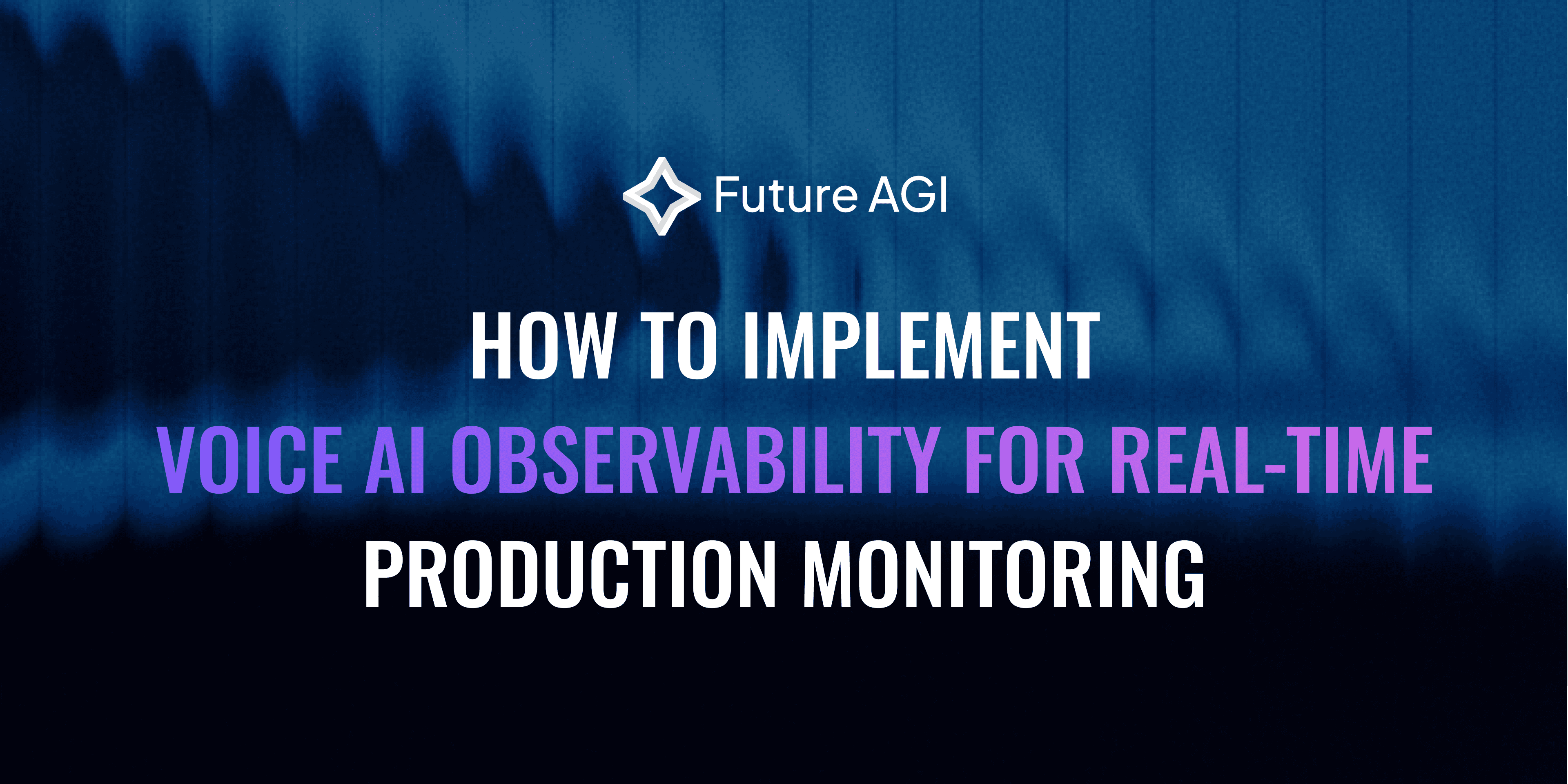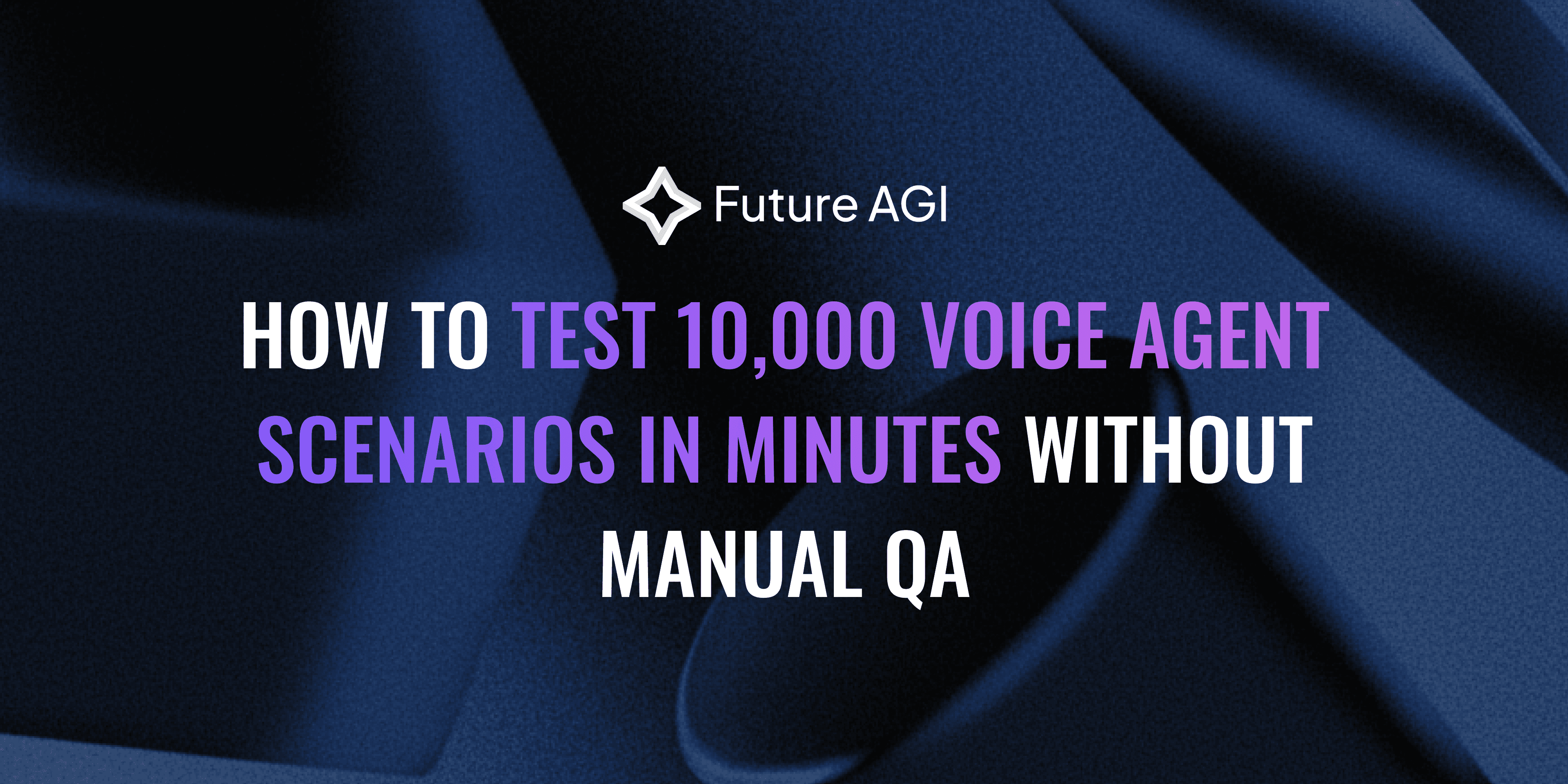Introduction
LLMs are now commonplace in many businesses offering enhanced levels of convenience, so the challenge of consistency, accuracy, and reliability has never been greater. But in an absence of a structured review framework, enterprises may end up deploying AI systems that are biased or misaligned with business goals.
Traditional evaluation methods typically overlook the nuanced reasoning and context awareness. The ideal LLM eval framework will not only provide fine-grained performance but also enrich existing AI pipelines and enable testing to be automated.
Cost of Failing to Evaluate LLMs
One of the more known examples of flawed LLM evaluation is from the media industry. CNET faced major reputational damage after publishing finance stories riddled with AI-generated errors. [1]
Apple suspended its AI news feature in January 2025 after it produced misleading summaries and fake alerts, drawing backlash from media and press groups. [2]
In February 2024, Air Canada was found liable after its chatbot shared the false information which sets a legal precedent that organisations cannot easily wash their hands of the outputs of their automated systems. [3]
These incidents show that inadequate LLM evaluation isn't just a technical flaw it’s a serious business risk, with potential for massive financial and reputational fallout.
Guide on How to Choose the Right Eval Tool
The tool should measure diverse metrics such as accuracy, bias, fairness, groundedness, and factual correctness
It must offer strong SDK support and integrate well with existing machine learning pipelines
Real-time monitoring and the ability to handle large-scale data are essential for timely insights
A simple interface with customisable dashboards encourages faster adoption
The quality of vendor support and the strength of the user community also play a critical role for a long-term success
With this criteria defined, we now evaluate the leading LLM evaluation tools for the year 2025. This next analysis considers Future AGI, Galileo, Arize, MLflow and Patronus based on the above parameters offering a crystal clear data-driven road map for enterprise decision makers.
Tool 1 : Future AGI
Future AGI’s research-backed evaluation framework evaluates model responses on criteria such as accuracy, relevance, coherence, and compliance, enabling teams to benchmark performance across different prompts, identify weaknesses, and ensure outputs meet quality and regulatory standards.

1.1 Core Evaluation Capabilities
Conversational Quality: Metrics like Conversation Coherence and Conversation Resolution measure how well a dialogue flows logically and whether user queries are satisfactorily resolved.
Content Accuracy: Detects hallucinations and factual errors by evaluating if outputs stay grounded in provided context and instructions.
RAG Metrics: Chunk Utilization and Chunk Attribution track whether the model effectively uses provided knowledge chunks in its answer, while Context Relevance and Context Sufficiency check if the retrieval covered the query’s needs.
Generative Quality: Evals like translation accuracy checks if the translation preserves the original meaning and tone, and summary quality eval measures how well a summary captures the source content.
Format & Structure Validation: Evaluations like JSON Validation verify if a model’s output is valid JSON, and Regex/Pattern Checks or Email/URL Validation confirm that text matches required patterns.
Safety & Compliance Checks: These include metrics for toxicity, hate or sexist language, bias, safe-for-work content, etc. Data Privacy checks compliance with laws like GDPR or HIPAA.
1.2 Custom Evaluation Frameworks
Agent as a Judge: It uses multi-step AI agent (with chain-of-thought and tools) to evaluate an output.
Deterministic Eval: This ensures consistent and rule-based evaluation of AI outputs. This enforces strict adherence to predefined formats.
1.3 Advanced Evaluation Capabilities
Multimodal Evals: Supports evaluation across text, image, and audio.
Safety Evals: The platform has built-in safety evaluations that proactively catch and filter harmful outputs.
“AI Evaluating AI” (No Ground Truth Needed): It perform evaluations that do not always require curated datasets of correct answers for comparison.
Real-Time Guardrailing: It offers Protect feature to enforce guardrails in real time on live models. Custom criteria in protect can be updated based on emerging threats or policy changes, ensuring the AI stays compliant with evolving standards.
Observability: Apply evals on model’s outputs streaming from production to detect issues like hallucinations or toxic content in real-time.
Error Localiser: This pinpoints the exact segment of a model’s output where an error occurs, instead of simply flagging the whole result as wrong.
Reason Generation: Provides actionable and structured reason as part of each evaluation.
1.4 Deployment, Integration, and Usability
Configuration: Offers streamlined installation through standard package managers. Provides extensive documentation and step-by-step guides for configuring evaluation.
UI: Provides a clean, user-friendly interface that facilitates easy navigation, ensuring wide accessibility.
Integration: Supports integration with Vertex AI, LangChain, Mistral AI, etc.
1.5 Performance and Scalability
High-Throughput: Supports massive parallel processing that enables enterprise-level evaluation.
Configurable Processing Parameters: Allows fine-grained control over evaluation processing through configurable concurrency settings.
1.6 Customer Success and Community Engagement
Positive Customer Feedback: Early adopters utilising Future AGI’s evaluation suite have achieved up to 99% accuracy and 10× faster iteration cycles. [4] [5]
Strong Vendor Support: Backed by a responsive and knowledgeable support team, offering timely assistance.
Active Community: Actively fosters a collaborative support ecosystem through a dedicated Slack community, enabling knowledge sharing.
Docs and Tutorials: Comprehensive guides, cookbooks, case studies, blogs, and video tutorials help users get started quickly.
Forum and Webinars: Frequently hosts technical webinars and podcasts dedicated to LLM Evaluations, aimed at driving education and fostering awareness.
Positive Reputation and Testimonials: Widely appreciated by the user base for its beginner-friendly, reliability and helpfulness.
Tool 2 : Galileo
Galileo Evaluate is a dedicated evaluation module within Galileo GenAI Studio, specifically designed for thorough and systematic evaluation of LLM outputs. It provides comprehensive metrics and analytical tools to rigorously measure the quality, accuracy, and safety of model-generated content, ensuring reliability and compliance before production deployment.

2.1 Core Evaluation Capabilities
Broad Assessments: Enables evaluations ranging from verifying factual correctness to assessing content relevance and adherence to safety protocols.
2.2 Custom Evaluation Frameworks
Custom Metrics: Developers have the ability to define and register custom metrics.
Guardrail: Users can select and tailor guardrail metrics to measure parameters like toxicity and bias.
2.3 Advanced Evaluation Capabilities
Optimization Techniques: Provides guidance on fine-tuning both prompt-based and RAG applications.
Safety and Compliance: Integrated safety mechanisms continuously monitor model outputs, flagging content that may be harmful or non-compliant.
2.4 Deployment, Integration, and Usability
Installation: Available via standard package managers, and comprehensive quickstart guides walk users through.
UI: Intuitive dashboard and configuration tools enable both technical and non-technical users.
2.5 Performance & Scalability
Enterprise-Scale: Designed for processing high volumes of evaluation data.
Configurable Performance: Optimization options available for different throughput requirements.
2.6 Customer Impact & Community
Improved results: Documentation reports improvements in evaluation speed and efficiency.
Documentation: Comprehensive documentation available for implementation guidance.
Vendor Support: Supported by a well-informed team that provides prompt assistance.
Module-Specific Resources: Learning materials organised by module functionality.
Tool 3 : Arize
Arize is an enterprise observability and evaluation platform dedicated to continuous performance monitoring and model improvement. It specialises in detailed model tracing, drift detection, and bias analysis, supported by dynamic dashboards that offer granular, real-time insights.

3.1 Core Evaluation Capabilities
Specialized Evaluators: Includes HallucinationEvaluator, QAEvaluator, and RelevanceEvaluator.
RAG Evaluation Support: Offers purpose-built features for evaluating RAG systems.
3.2 Custom Eval Frameworks
LLM as a Judge: Supports LLM-as-a-Judge evaluation methodology, enabling both automated and human-in-the-loop workflows for greater accuracy.
3.3 Advanced Evaluation Capabilities
Multimodal Support: Enables evaluation across diverse data types including text, images, and audio.
3.4 Deployment, Integration, and Usability
Installation: Easily installed via pip, with comprehensive guides and configuration documentation.
Integration: Integrates with LangChain, LlamaIndex, Azure OpenAI, Vertex AI, etc.
UI: The Phoenix UI presents performance data with clarity and precision.
3.5 Performance and Scalability
Asynchronous Logging: Supports non-blocking logging mechanisms to reduce overhead and latency during evaluation.
Performance Optimization: Settings for timeouts and concurrency help balance speed with accuracy.
3.6 Customer Success and Community Engagement
End-to-End Support: Enables AI engineers to manage the full model lifecycle from development to production deployment.
Developer Enablement: Offers educational resources and technical webinars to enhance user expertise.
Community Support: Maintains Slack community for real-time collaboration and support.
Tool 4 : MLflow
MLflow is an open-source platform designed to manage the entire machine learning lifecycle, extending its capabilities to support LLM and GenAI evaluation. It offers comprehensive modules for experiment tracking, evaluation, and observability.

4.1 Core Evaluation Capabilities
RAG Application Support: Includes built-in metrics for assessing RAG systems.
Multi-Metric Tracking: Enables detailed monitoring of performance metrics across both classical ML and GenAI workloads.
4.2 Custom Evaluation Frameworks
LLM-as-a-Judge: Implements qualitative evaluation workflows using LLMs.
4.3 Advanced Evaluation Capabilities
MultiDomain Flexibility: Works across traditional ML, deep learning, and generative AI use cases.
UI: Provides an intuitive UI for visualising evaluation results.
4.4 Deployment, Integration, and Usability
Managed Cloud Services: Offered as a fully managed solution on platforms like Amazon SageMaker, Azure ML, and Databricks.
Multiple API Options: Supports Python, REST, R, and Java APIs.
Documentation: Offers detailed tutorials, and API references.
Unified Endpoint: The MLflow AI Gateway offers standardised access to multiple LLM and ML providers through a single interface.
4.5 Customer Impact & Community:
Cross-Domain Support: Works across traditional ML and generative AI applications
Open Source Community: Part of the Linux Foundation with 14M+ monthly downloads
Tool 5 : Patronus AI
Patronus AI is a platform designed to help teams systematically evaluate and improve the performance of Gen AI application. It addresses the gaps with a powerful suite of evaluation tools.

5.1 Core Evaluation Capabilities
Hallucination Detection: Patronus’s fine-tuned evaluator trained to detects whether generated content is supported by the input or retrieved context.
Rubric-Based Scoring: Likert-style scoring of outputs based on custom rubrics. Whether evaluating tone, clarity, relevance, or task completeness.
Safety & Compliance: Built-in evaluators like no-gender-bias, no-age-bias, and no-racial-bias scan outputs for potentially harmful or biased content.
Format Validation: Evaluators such as is-json, is-code, and is-csv confirm whether the model output adheres to a specified structure.
Conversational Quality: Patronus includes evaluators for dialogue-level behaviors like is-concise, is-polite, and is-helpful, providing feedback on chatbot-style applications.
5.2 Custom Evaluation Framework
Function-Based Evaluators: Ideal for simple heuristic-based evaluations, such as schema validation, regex matching, or length checks.
Class-Based Evaluators: Suitable for more complex use cases, such as embedding similarity measurements or custom LLM judges.
LLM Judges: Users can create LLM-powered judges by defining prompts and scoring rubrics, leveraging models like GPT-4o-mini to evaluate outputs.
5.3 Advanced Evaluation Capabilities
Multimodal: Supports evaluation against text and image inputs.
RAG Metrics: For RAG systems, Patronus provides specialized metrics to disentangle retrieval and generation performance.
Real-Time Monitoring: Patronus enables monitoring of LLM interactions in production through tracing, logging, and alerting.
5.4 Deployment, Integration, and Usability
Installation: Provides SDKs in both Python and TypeScript.
UI: Provides a clean, user-friendly interface that prioritizes ease of navigation.
Broad Compatibility: Integrates effortlessly with tools across the AI stack, including IBM Watson, MongoDB Atlas.
5.5 Performance and Scalability
High-Throughput: Enables efficient high-throughput evaluation by using concurrent API calls and batch processing.
Configurable Processing: Offers granular control over evaluation behaviour, enhancing scalability across different environments.
5.6 Customer Success and Community Engagement
Vendor Support: Patronus AI offers support to its clients. Clients can reach out to them for assistance.
Community Engagement: Patronus AI has partnered with MongoDB to provide resources for evaluating MongoDB Atlas-based retrieval systems.
Documentation and Tutorials: Provides resources, including tutorials and quick-start guides, to assist users in utilising their platform.
Reputation and Testimonials: Received feedback from clients regarding its solutions, reporting that integrating Patronus AI into their workflow improved the precision of their hallucination detection solution.
Side-by-Side Comparison
Comparison Parameter | Future AGI | Galileo | Arize AI | MLflow | Patronus AI |
|---|---|---|---|---|---|
Multimodal Eval Support | Text, Image, Audio (Video based eval coming soon) | Text, Image | Text, Image, Audio | Text | Text (Audio based eval coming soon) |
Custom Eval Framework | Yes | Yes | Yes | Yes | Yes |
Deterministic Eval | Yes | No | No | No | No |
LLM/Agent as a Judge | Yes | Yes | Yes | No | Yes |
Python SDK Support | Yes | Yes | Yes | Yes | Yes |
Real-Time Guardrails | Yes | Yes | Yes | No | Yes |
Framework Agnostic | Yes | Yes | Yes | Yes | Yes |
Safety & Compliance Evals | Yes | Yes | Yes | Limited to only toxicity | Yes |
High-Throughput Evaluation | Yes | Yes | Yes | Yes, but scaling depends on user’s compute setup. | Yes |
Performance Gains | Up to 99% accuracy and 10× faster iteration cycles with quantified metrics | Improvements in evaluation speed and efficiency | Trusted by enterprise users at scale | No direct claims. Not specifically quantified in documentation | Achieves a high agreement score of 91% with human judgment |
Built-in Eval Templates | Yes - 50+ builtin eval template | Yes - 12+ eval templates | Yes | Yes | Yes |
Eval Reasoning & Fix Suggestions | Yes | Partial | Partial | No | Partial |
Community & Support | Yes | Yes | Yes | Yes | Yes |
Key Takeaways
Future AGI: Delivers the most comprehensive multimodal evaluation support across text, image, audio, and video with fully automated assessment that eliminates the need for human intervention or ground truth data.
Galileo: Delivers modular evaluation with built-in guardrails, real-time safety monitoring, and support for custom metrics. Optimized for RAG and agentic workflows.
Arize AI: Another LLM evaluation platform with built-in evaluators for hallucinations, QA, and relevance. Supports LLM-as-a-Judge, multimodal data, and RAG workflows.
MLflow: Open-source platform offering unified evaluation across ML and GenAI with built-in RAG metrics. Support and integrates easily with major cloud platforms.
Patronus AI: Offers a robust evaluation suite with built-in tools for detecting hallucinations, scoring outputs via custom rubrics, ensuring safety, and validating structured formats.
Conclusion
Each LLM evaluation tool brings unique strengths to the table. MLflow offers a flexible, open-source solution for unified evaluation across ML and GenAI, while Arize AI and Patronus AI deliver enterprise-ready platforms with built-in evaluators, scalable infrastructure, and strong ecosystem integration. Galileo focuses on real-time guardrails and custom metrics for RAG and agentic workflows.
However, FutureAGI stands out by unifying these diverse capabilities into one comprehensive, low-code platform supporting fully automated multimodal evaluations, and continuous optimization. With up to 99% accuracy and 10× faster iteration cycles, FutureAGI’s data-driven approach reduces manual overhead and accelerates model development, making it an especially compelling choice for organisations aiming to build high-performing, trustworthy AI systems at scale.
Click here to learn how FutureAGI can help your organization build high-performing, trustworthy AI systems at scale. Get in touch with us to explore the possibilities.
Reference
[1] https://www.theverge.com/2023/1/25/23571082/cnet-ai-written-stories-errors-corrections-red-ventures
[2] https://www.bbc.com/news/articles/cq5ggew08eyo
[5] https://futureagi.com/customers/elevating-sql-accuracy-how-future-agi-streamlined-retail-analytics
FAQs













